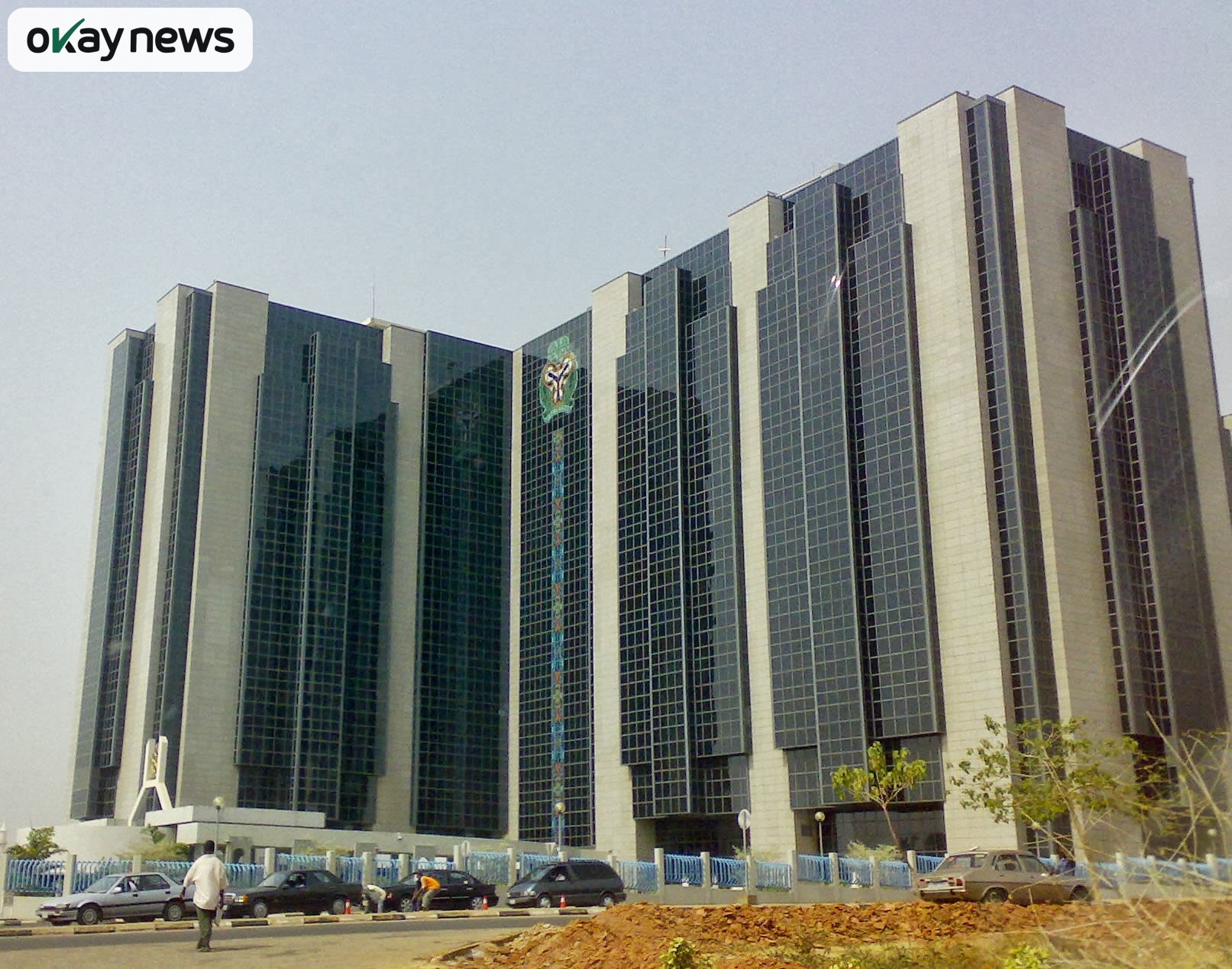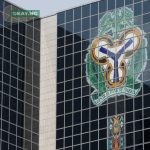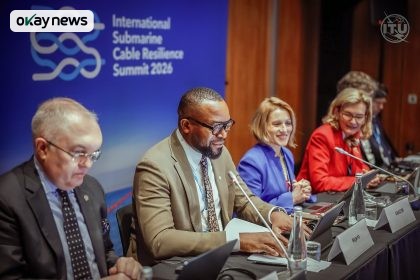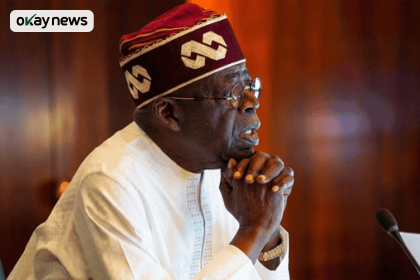Okay News reports that the Socio-Economic Rights and Accountability Project has urged Mr Olayemi Cardoso, governor of the Central Bank of Nigeria, “to promptly account for and explain the whereabouts of the missing or diverted N3 trillion of public funds, as documented in the recently published 2022 annual report by the Auditor-General of the Federation.” The civil society organization has given the central bank seven days to respond or face legal action.
SERAP said the grave allegations are documented in the latest annual report published by the Auditor-General on September 9, 2025. The Auditor-General of the Federation is Nigeria’s supreme audit institution responsible for auditing federal government accounts and expenditures.
SERAP urged him to “identify those responsible for the missing or diverted public funds and hand them over to the Independent Corrupt Practices and Other Related Offences Commission and the Economic and Financial Crimes Commission for further investigation and prosecution.” Both ICPC and EFCC are Nigerian anti-corruption agencies with mandates to investigate and prosecute financial crimes.
SERAP also urged him “to ensure the full recovery and return of any missing public funds to the treasury without further delay.” The organization has been at the forefront of accountability campaigns targeting public institutions in Nigeria.
In the letter dated November 15, 2025 and signed by SERAP deputy director Kolawole Oluwadare, the organisation said: “These grim allegations by the Auditor-General suggest grave violations of the public trust, the provisions of the Nigerian Constitution 1999 [as amended], the CBN Act, and anticorruption standards.”
SERAP said, “These grave violations also reflect a failure of CBN accountability more generally and are directly linked to the institution’s persistent failure to comply with its Act and to uphold the principles of transparency and accountability.”
According to SERAP, “These violations have seriously undermined the ability of the CBN to effectively discharge its statutory functions and the public trust and confidence in the bank. The CBN ought to be committed to transparency and accountability in its operations.”
The letter detailed multiple allegations from the Auditor-General’s report. According to the Auditor-General, the CBN in 2022 failed to remit over N1 trillion (N1,445,593,400,000.00) of “the Federal Government’s portion of operating surplus” into the Consolidated Revenue Fund account. The Auditor-General fears that the money may have been “diverted” and wants it recovered and remitted to the treasury.
The CBN in 2022 failed to recover over N629 billion (N629,040,000,000.00) paid to “unknown beneficiaries” as part of the Anchor Borrowers’ Programme, a programme “meant to support farmers to ensure sustainable food production in the country.” The Anchor Borrowers’ Programme was launched by the CBN to provide loans to smallholder farmers across Nigeria.
“But ‘the numbers of beneficiaries who collected the money are unknown.’ The CBN has also failed to ‘recover the money.’ The Auditor-General fears ‘the money may have been diverted’, which could have ‘contributed to the difficulty in sustaining food security in the Nation,'” SERAP stated.
The CBN has also failed to recover over N784 billion (N784,410,108,864.47) “being 32 unpaid, overdue loans and interventions disbursed by the Bank between 2018 and May 2022.” The Auditor-General said “there was no evidence that the Bank was doing enough to recover the loans/interventions, which ought to have been paid.”
The CBN in 2022 also spent over N125 billion (N125,374,000,000.00) “on questionable intervention activities.” The CBN claimed it spent the money “on intervention activities in connection with national security, the federal government, state securities, armed forces and to build the capacity of the financial sector.”
But the Auditor-General is concerned that the money may have been spent “without the approval of the National Assembly,” Nigeria’s bicameral legislature. There was also no document to “support the expenditure.” The “expenditure also may not have been in the public interest and consistent with the objectives of the CBN in section 2 of the CBN Act.”
The CBN in 2022 also “unjustifiably” spent over N1 billion (N1,792,769,160.00) to buy 43 operational vehicles for the Nigeria Immigration Service. The “spending is unjustified because there is no connection with buying operational vehicles for the NIS and the objectives of the CBN as stated in section 2 of the CBN Act.”
The NIS also “failed to provide any evidence to show that the vehicles were actually supplied and delivered.” There “were also no procurement and payment records or documents.” The Auditor-General fears the money may have been “diverted.”
The CBN also awarded 43 contracts for over N189 billion (N189,500,066,756.73) but “the contractors deliberately delayed completion of these contracts” by seeking “extension of the completion period.” The contractors then “requested for variation of contracts due to extension of completion period.”
Following the request, the CBN paid the contractors over N9 billion (N9,270,849,691.61) “irregular variation of contract price.” There “were no relevant procurement documents such as contract files, procurement records, and payment vouchers” for the payment.
The Katsina state branch of the CBN, located in northwestern Nigeria, also failed to recover over N90 million (N90,163,610.00) being “outstanding loans and interventions disbursed to 33 small and medium enterprises during Covid 19 in 2020.”
“We would be grateful if the recommended measures are taken within 7 days of the receipt and/or publication of this letter. If we have not heard from you by then, SERAP shall take all appropriate legal actions to compel you and the CBN to comply with our request in the public interest,” the organization stated.
SERAP cited Section 15(5) of the Nigerian Constitution which requires public institutions to abolish all corrupt practices and abuse of power. The organization emphasized that Nigerians have the right to know the whereabouts of public funds and that taking the recommended measures would advance the right of Nigerians to restitution, compensation and guarantee of non-repetition.







